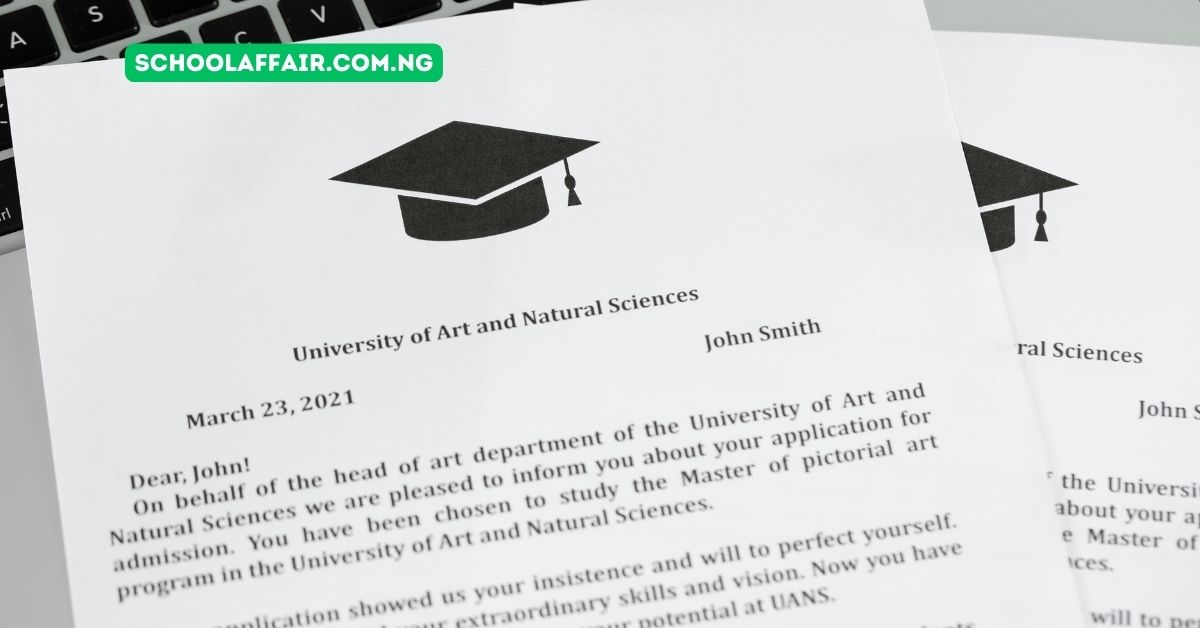Informal letters are personal, friendly messages that individuals use to communicate with friends, family, or acquaintances. Unlike formal letters, which follow a structured and professional format, informal letters allow for a more relaxed and conversational tone. They provide a platform for expressing feelings, sharing updates, or simply maintaining a connection with loved ones.
sample informal letter:
[Your Name]
[Your Address]
[City, State, Zip Code]
[Email Address]
[Phone Number]
[Date]
[Recipient’s Name]
[Recipient’s Address]
[City, State, Zip Code]
Dear [Recipient’s Name],
I hope this letter finds you in great spirits. It’s been a while since we caught up, and I thought it’s high time I dropped you a line to share what’s been happening on my end.
Firstly, congratulations on your recent achievement! I heard about your promotion, and I couldn’t be happier for you. It’s a testament to your hard work and dedication, and I know you’re going to excel in your new role.
Life here has been a bit of a rollercoaster – some ups, a few downs, but overall, a good journey. Work keeps me busy, but I’ve also managed to sneak in a short getaway last month. I visited [destination], and it was such a rejuvenating experience. The scenery was breathtaking, and the local cuisine was a delightful adventure for my taste buds.
Speaking of adventures, I recalled the hilarious incident from our college days when [insert anecdote/story]. Those were the days, weren’t they? Sometimes, I find myself laughing out loud just reminiscing about the craziness we got up to.
I wanted to express my gratitude for your support during this challenging situation. Your words of encouragement meant the world to me, and I am truly fortunate to have you in my life.
As the holiday season approaches, I’m eagerly looking forward to spending quality time with family and friends. Do you have any exciting plans for the holidays? Maybe we can catch up over a cup of coffee or plan something fun together.
Before I sign off, sending you lots of positive vibes and good energy. Stay amazing, and let’s make sure we don’t let too much time pass before our next chat.
Take care, [Recipient’s Name], and looking forward to hearing from you soon!
Warm regards,
[Your Name]
Purpose of Informal Letters:
The primary purpose of informal letters is to establish and maintain personal connections. These letters are often used to share news, express emotions, or simply catch up with someone. Informal letters can be a means of conveying warmth, support, or sympathy in a more personal and intimate way than formal communication.
Audience for Informal Letters:
The audience for informal letters is typically friends, family members, or acquaintances with whom you share a close relationship. The tone, content, and style of your letter will vary based on your familiarity with the recipient.
Tips for Selecting a Recipient for Your Letter:
Choose a recipient who shares a personal connection with you and would appreciate receiving a casual and heartfelt message. Consider the nature of your relationship and the level of intimacy you share with the individual.
Elements of an Informal Letter:
An informal letter includes a salutation, an introduction, body paragraphs, and a closing. It may also contain personal anecdotes, expressions of emotion, and references to shared experiences.
The Format of an Informal Letter:
The format is flexible, but a common structure includes a heading with the date, a salutation, the body of the letter, and a closing. The use of paragraphs helps organize ideas and makes the letter more readable.
The Importance of a Personal Touch in Informal Letters:
Adding a personal touch, such as hand-written notes or drawings, can enhance the emotional connection with the recipient. Sharing personal details and expressing genuine emotions contribute to the intimacy of informal letters.
Choosing a Writing Style for Your Letter:
Adapt your writing style based on the recipient and the nature of your relationship. The tone can range from formal to casual, depending on your comfort level with the person.
Common Mistakes to Avoid in Informal Letter Writing:
Avoid overly formal language, excessive use of jargon, or sounding insincere. Ensure that your tone matches the level of intimacy you share with the recipient.
Addressing the Recipient in an Informal Letter:
Use familiar titles or terms of endearment based on your relationship. For example, “Dear Mom,” “Hi Jake,” or “My Dearest Friend.”
Greetings and Salutations in an Informal Letter:
Begin your letter with a warm greeting, such as “Hello,” “Hi,” or a personalized salutation that suits your relationship.
Creating a Catchy and Engaging First Paragraph:
Start with an attention-grabbing statement, reference a shared experience, or immediately dive into the purpose of your letter. Capture the recipient’s interest from the beginning.
Maintaining a Conversational Tone Throughout the Letter:
Write as if you are having a conversation with the recipient. Avoid overly formal language and strive for a tone that reflects the way you would speak in person.
Including Personal Anecdotes and Stories in Your Letter:
Share personal experiences, memories, or anecdotes to make the letter more engaging and relatable. This helps strengthen the emotional connection.
Adding Humor and Light-Heartedness to Your Letter:
Injecting humor or lighthearted elements can make your letter enjoyable to read. However, be mindful of the recipient’s sensitivities and the appropriateness of humor in the given context.
Tips for Organizing Your Thoughts and Ideas in an Informal Letter:
Organize your letter into paragraphs, each focusing on a specific topic. This structure ensures clarity and makes it easier for the recipient to follow your thoughts.
Concluding Your Letter with a Strong and Memorable Ending
Summarize key points, express your feelings, or end with a thoughtful closing statement. Ensure the conclusion leaves a positive and lasting impression.
Importance of Proofreading and Editing Your Informal Letter:
Review your letter for errors, clarity, and coherence. Proper proofreading ensures that your message is conveyed accurately and effectively.
Examples of informal letters and their purposes:
Provide samples of informal letters for various occasions, such as congratulatory letters, thank-you notes, or letters of support during challenging times.
Final Thoughts and Summary of Key Points for Writing an Effective Informal Letter:
Conclude with a summary of key points, emphasizing the importance of sincerity, personalization, and clarity in informal letter writing. Encourage the writer to practice and experiment with their unique style.
Additional Keywords:
how to write an informal letter, informal letter format, writing style, salutation, closing, body, introduction, addressing, informal tone, personal touch, friendly letter, informal greetings, language, layout, structure, informal letter writing tips, examples, expressing emotions, casual language, letter writing etiquette, friendly tone, writing conventions, informal communication, conveying emotions, informal letter writing guidelines, informal letter writing techniques, personal experiences, storytelling, connecting with the recipient, creating a rapport, informal writing style, informal letter components, informal letter phrases, informal letter expressions.



